User-Friendly Goals Hit with Graphic Design
User-Friendly Goals Hit with Graphic Design The article presenting the variety of purposes served by modern graphic design: branding, UI navigation, mascots and lettering, tutorials, posters and animation.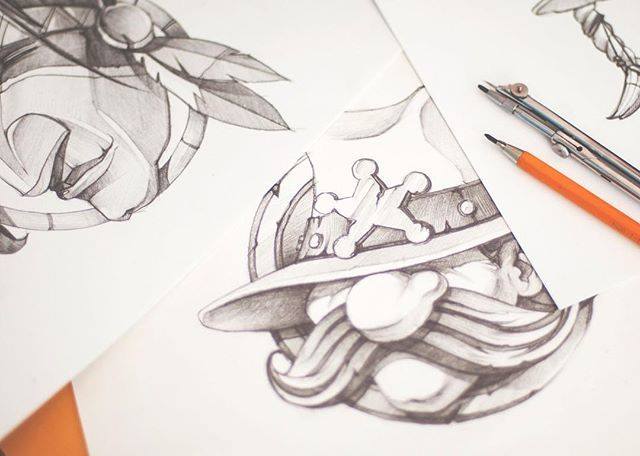
«The details are not the details. They make the design». These words about the nature of the job, expressed by Charles Eames, have become a well-known eternal truth for graphic designers. They are actually the people building a bridge between the art and the functional goal-centered design. They mix the power of art and functionality within the limits of particular goals and a definite audience. They make beauty work for people.
Here in Tubik, we have felt all the variety of stones in that way. Today we invite our readers to review the diverse purposes for which graphic design can be highly beneficial as we have checked in design practice.
Graphic design as a creative field
As we mentioned in one of our previous articles about the issue, graphic design can be described as the sphere of human activity that lies on the crossroads of several directions, first of all, visual arts, communication, and psychology. Basically, graphic designers do the job of communication to others by means of graphic (visual) elements such as images of different styles and complexity, types and fonts, pictograms, shapes and sizes, colors and shades, lines, and curves, etc. Graphic designer makes all those elements of visual perception transfer the message, so he makes them functional. Therefore, we could say that graphic designers are artists applying their talents mostly not in pure art, but communicating and purposeful art.
Modern graphic design broadly covers all spheres of human life which deal with visual communication, from books and posters to sophisticated mobile applications or 3D animation. Let’s look into directions in which graphic designers can express their creativity for the sake of solving problems and satisfying needs.
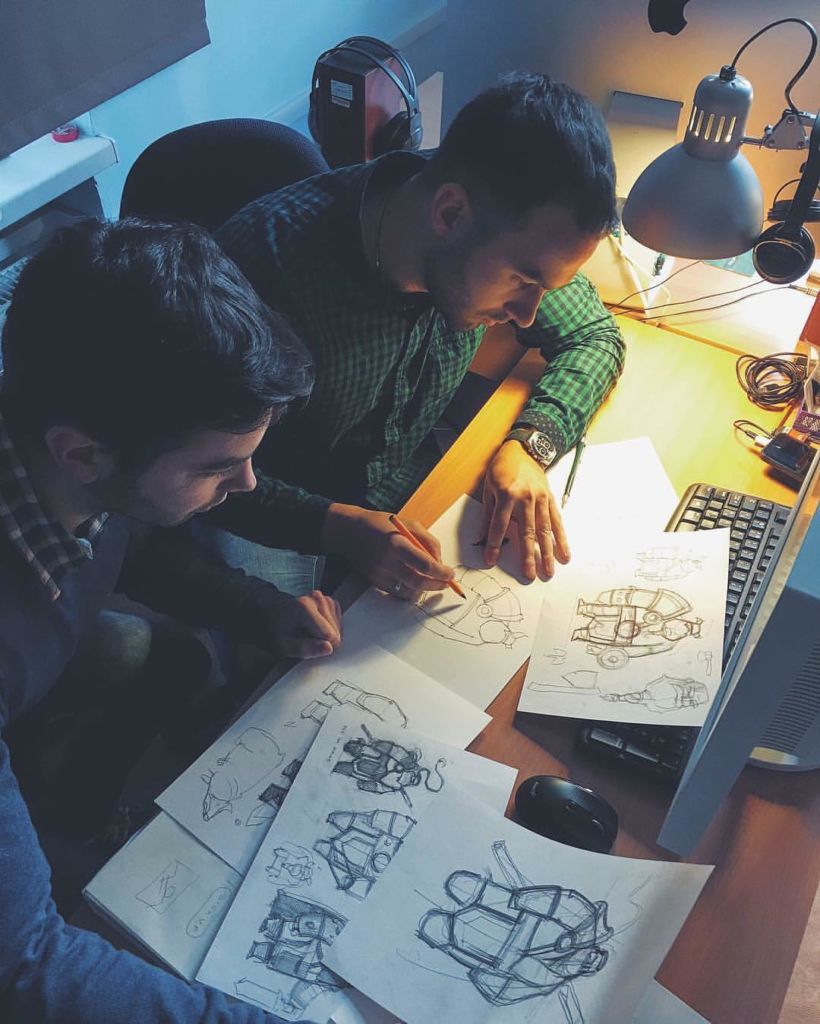
Graphic design directions
Nowadays, graphic design is an incredibly broad sphere for the application of artistic talents. In particular, it includes:
- editorial design
- illustration
- identity (logo and branding) design
- icons and pictograms
- typography
- interface graphics and elements
- print advertisements
- big print items such as posters and billboards
- signs
- packaging, etc.
Thus, it’s easily seen that modern designers in this sphere have multiple options to apply their talents. In all the mentioned directions, the basic purpose of graphic design is to serve a particular purpose or even a set of them by means and techniques of art.
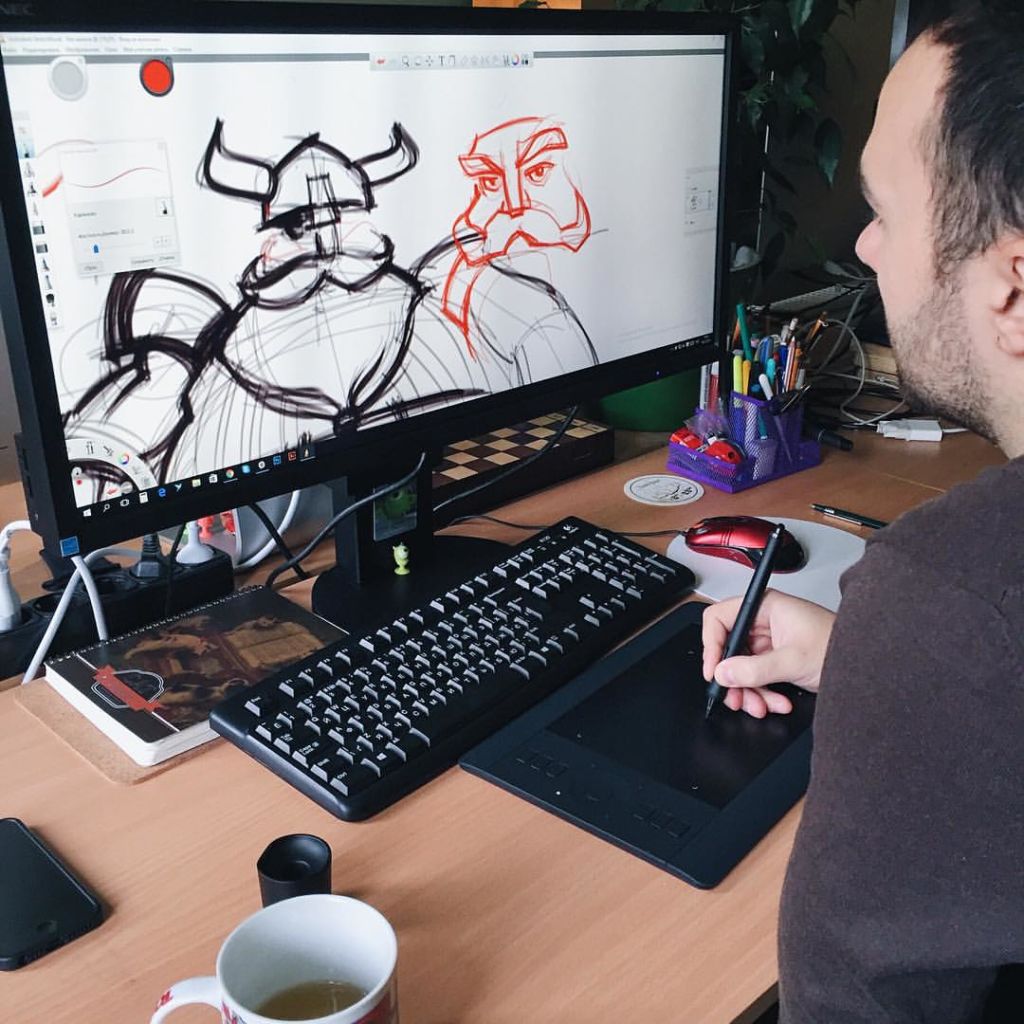
Graphic design in modern life full of digital devices is getting more and more technological. Famous Italian designer Massimo Vignelli said “The life of a designer is a life of fight. Fight against the ugliness. Just like a doctor fights against disease. For us, the visual disease is what we have around, and what we try to do is cure it somehow with design.” Remembering the words we have to say that the purposes of modern graphic design are pushed further and further. Not only does it beautify the physical or digital object, but also helps its users, navigates them, guides their way via which they can get both aesthetic pleasure and problem-solving benefits.
Graphic design purposes
Today, graphic design can set diverse purposes. It rarely happens that the object of graphic design serves only one objective. Looking over the most essential of them, we would mention the following.
Identifying
This purpose, first of all, serves for branding reasons. It is primarily concerned with creating logos which usually lies the foundation for the whole branding strategy. This is the task at which designers work with multiple factors combining specific features of the target audience, laws, and rules of artistic harmony, the psychology of color and shape impact on human perception and emotions, current situation on the market, business goals of the brand or company.
Numerous logos accomplished by studio designers have proved that this symbolic image plays the crucial role in all the next stages of brand strategy, including print work (like posters, business cards, corporate documentation templates, etc.), interface design (when brand or company uses digital sources and channels of reaching their clients like blogs, websites, apps, widgets, etc.), branded items (like stationery, cups, notebooks, etc.) and other directions. The efficient logo is usually based on deep analysis supported by the designer’s talent and skills and presents a balanced mixture of art and functionality. Thinking over all the details, the designer selects the type and image of a logo that will correspond to the objectives of the company or brand strategy.
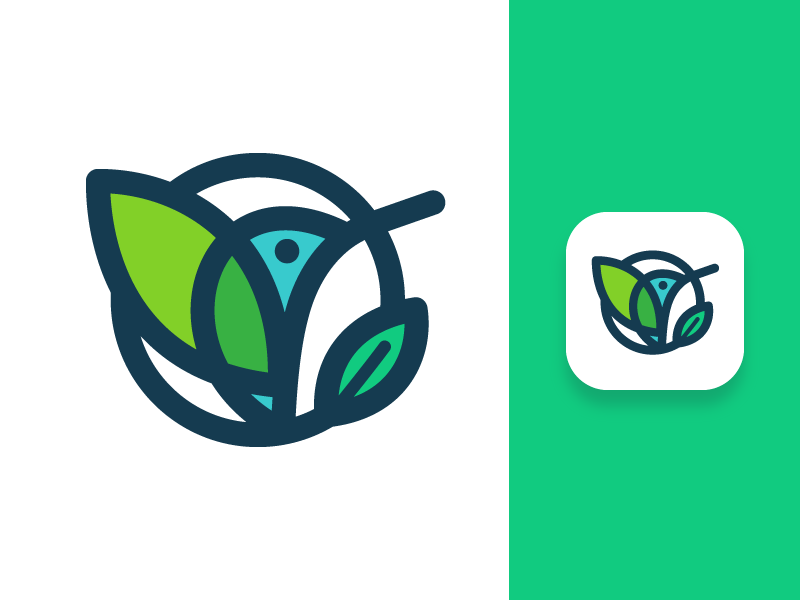
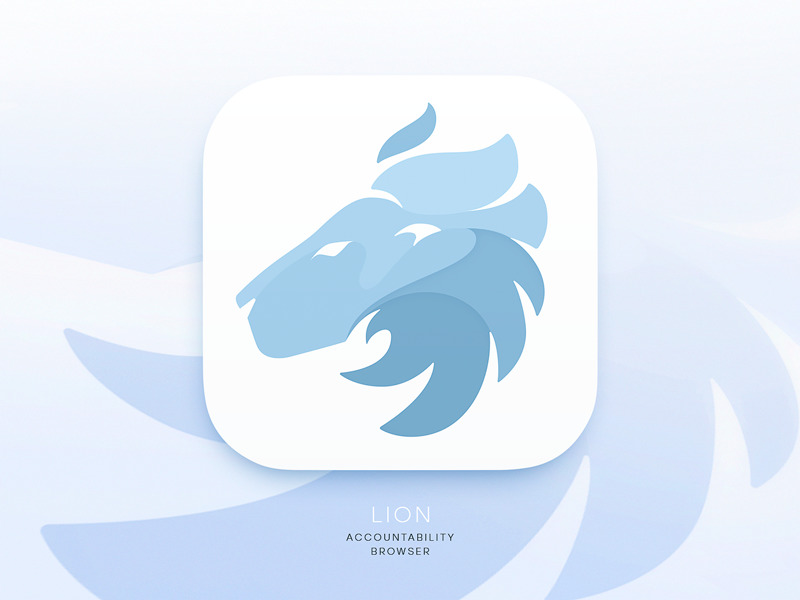
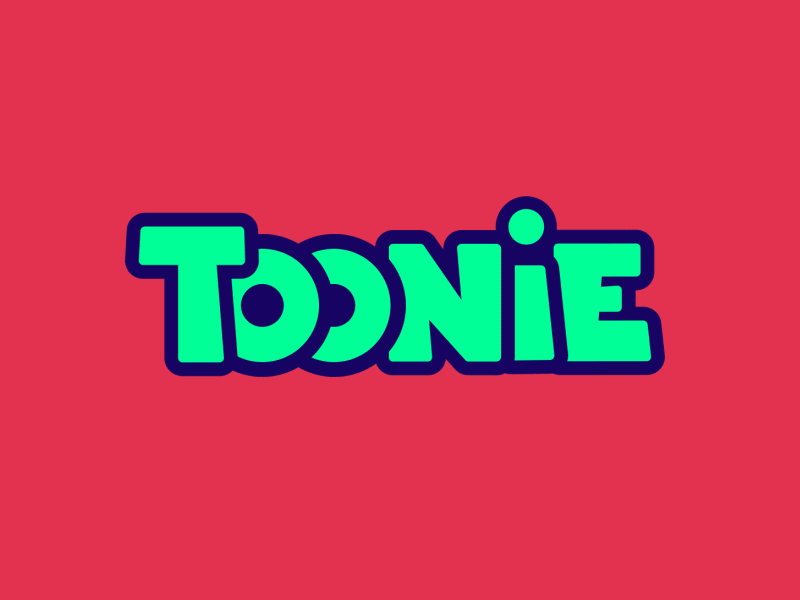
Toonie logo design
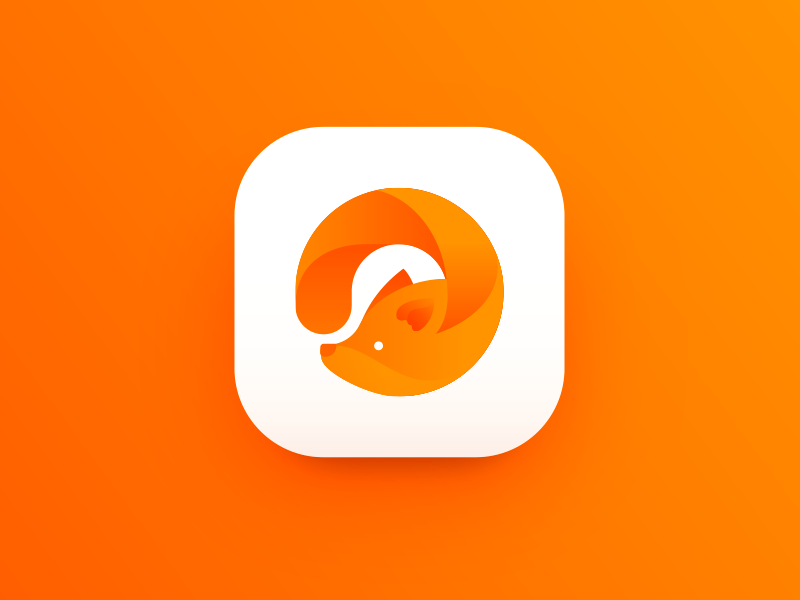
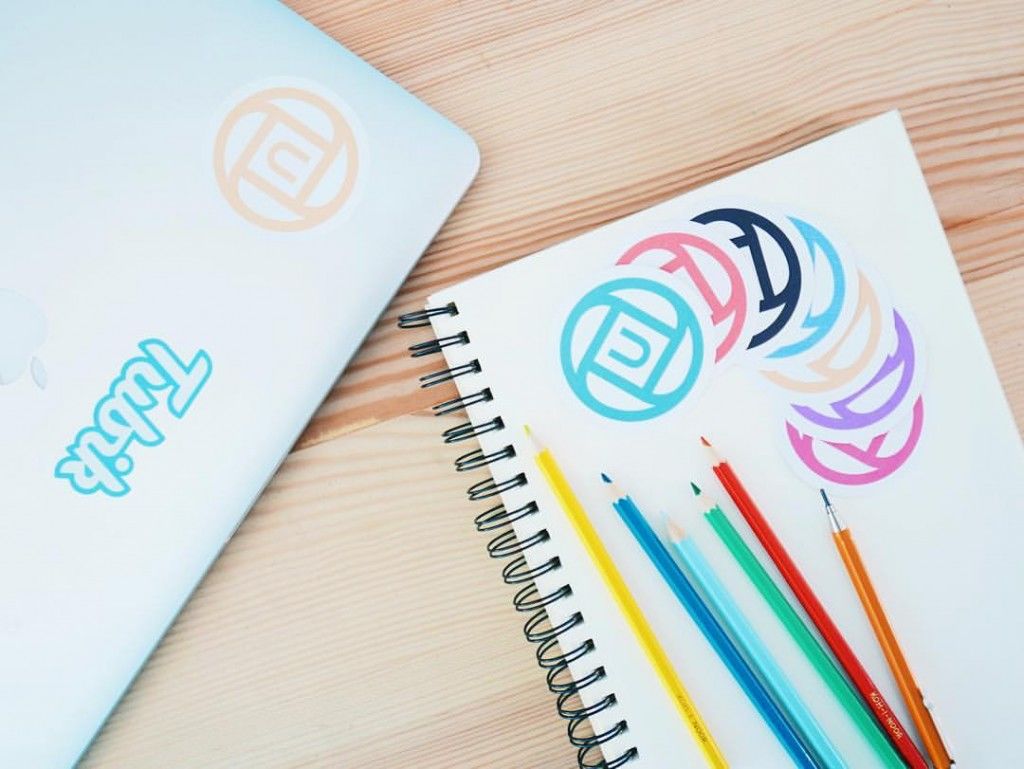
Design4Users logo tested in print stickers
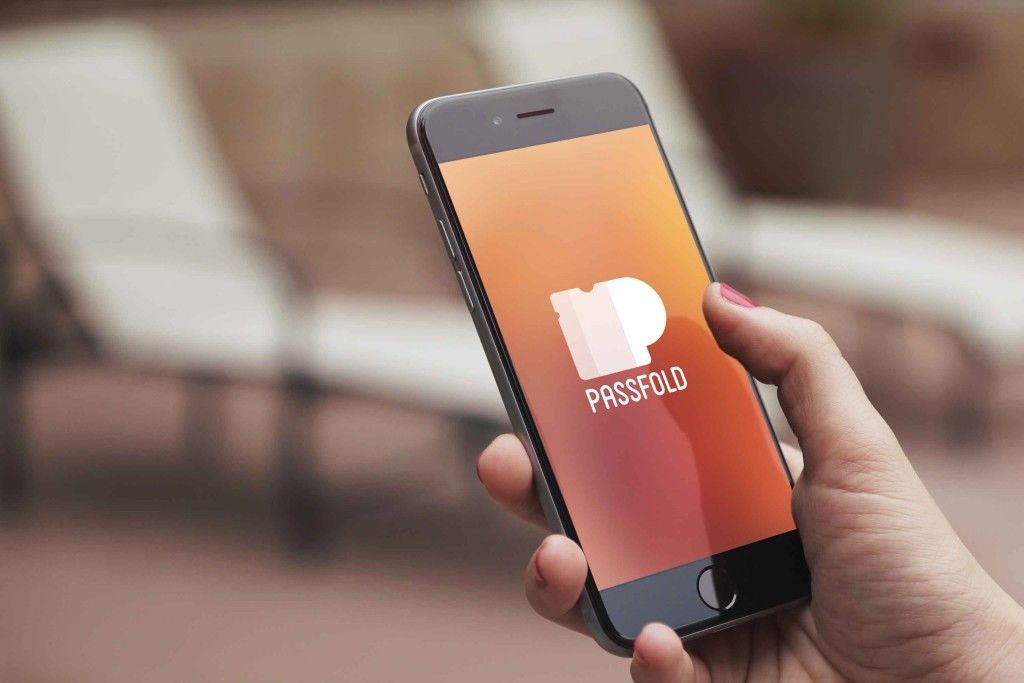
Read more about types of logos and creative stages of logo design
Beautifying
This is the broadly used function of graphic design items that have found its comprehensive realization in all the spheres of users’ interaction with visual stuff, from advertising to book covers and cartoons, to user interfaces of all kinds, packaging, photos, and tons of other things. It’s not a secret that people are not only rational but also emotional creatures, and most of us are visually driven and aesthetically engaged. Although the content and functions are the most important factors of making a product problem-solving, the old classic trend hasn’t changed: people still believe that a good dress is a card of invitation. An attractive and stylish look is traditionally highly important to make your user think about trying the product, especially in conditions of modern intense competition.
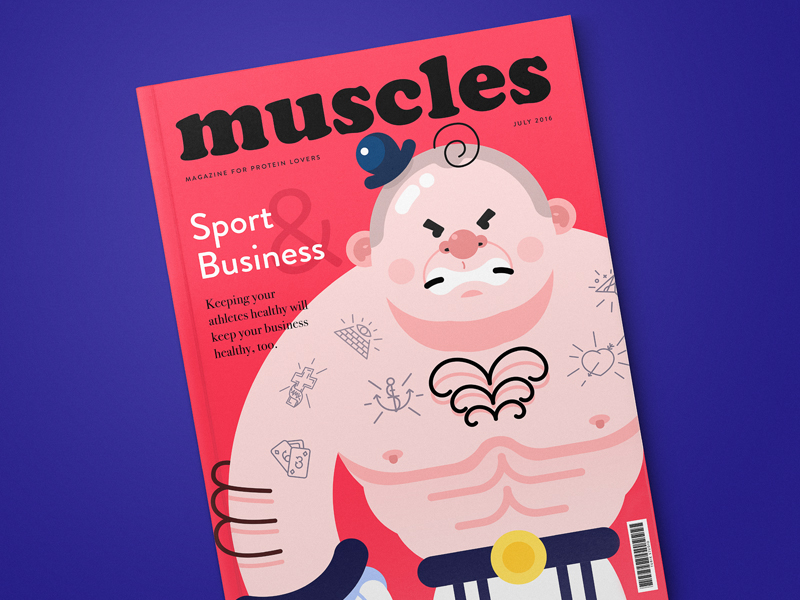
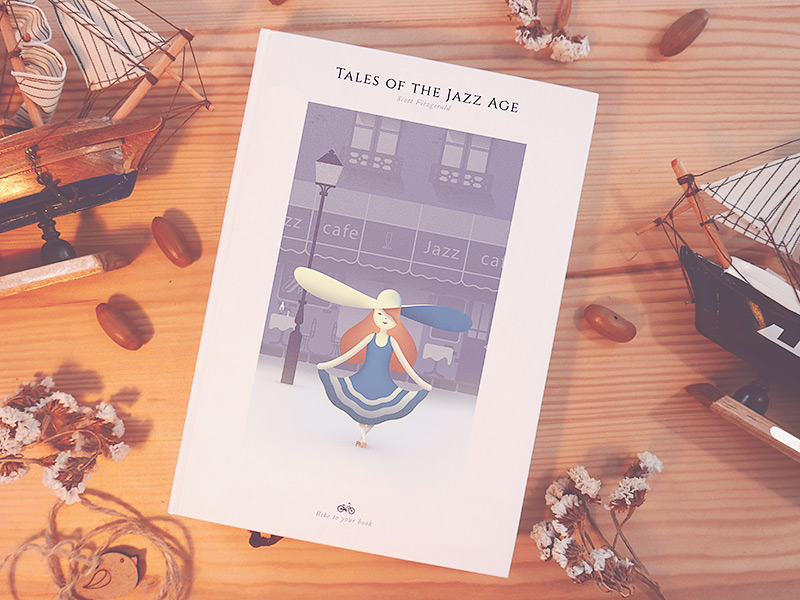
Tales of the Jazz Age Book Cover
Graphic design in all its variety becomes a powerful tool of interface beautification. It can be applied in the slightest details like icons and up to significant elements like illustrations and mascots.
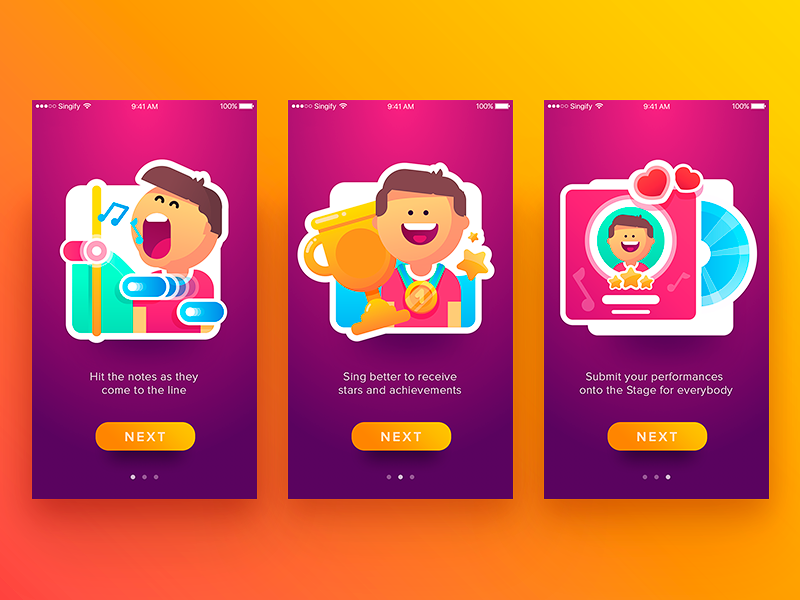
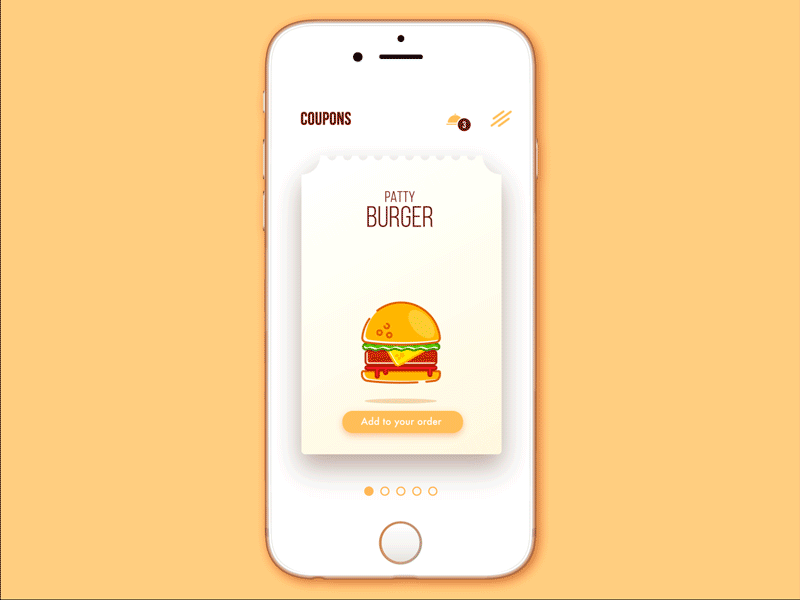
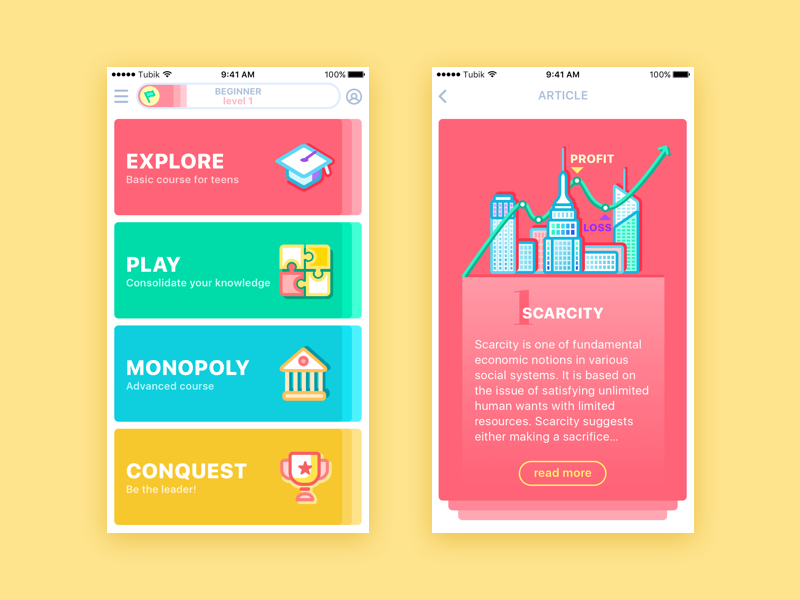
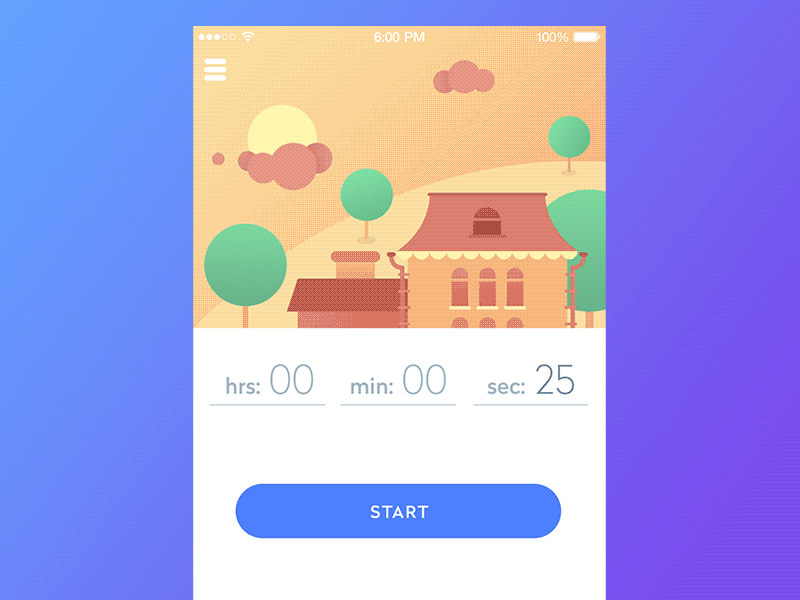
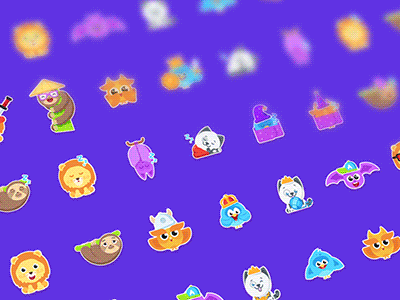
Toonie Stickers
Setting the theme
A broad variety of graphic design techniques and diversity of approaches establish a steady foundation for setting the theme of the offered product via visual elements. Like the copy is able to not only transfer the message but also set the tone and voice of communication, the visual elements, including background, typography, composition, color palette, shapes and sizes, stylistic approaches can immediately inform the user about the features and market segment of the app or website and also appeal to emotions of the target audience. Visual perception plays an incredible role in decision-making, especially in cases of the first interaction when only several short minutes and sometimes even seconds are vital to get the user interested. This funсtion also works when the graphics highlight specific trends or events.

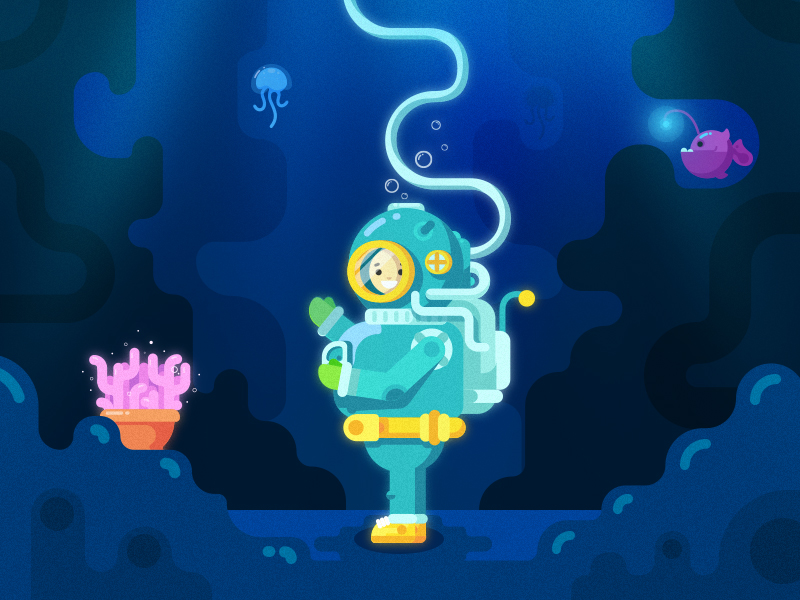
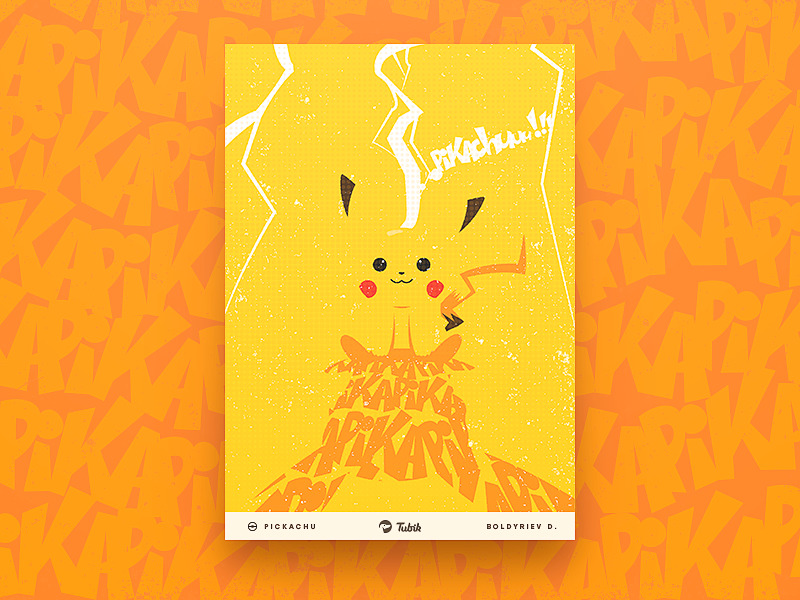

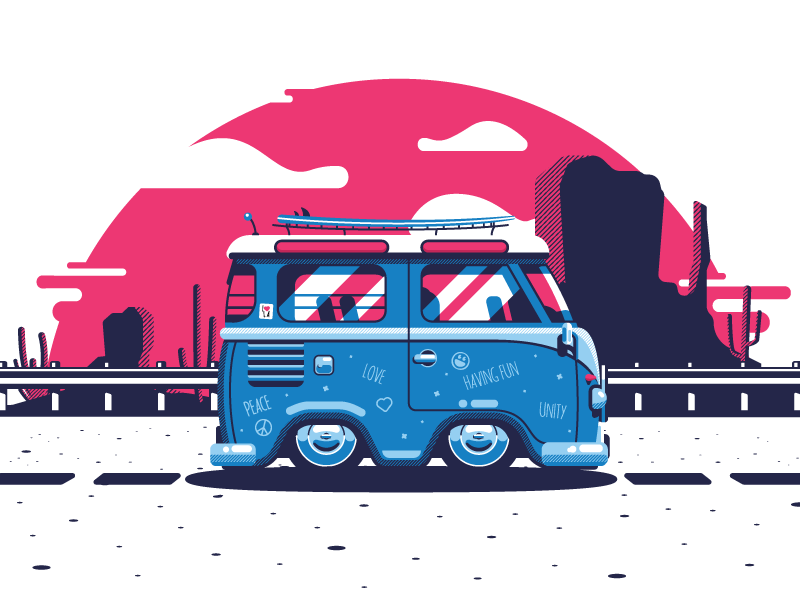
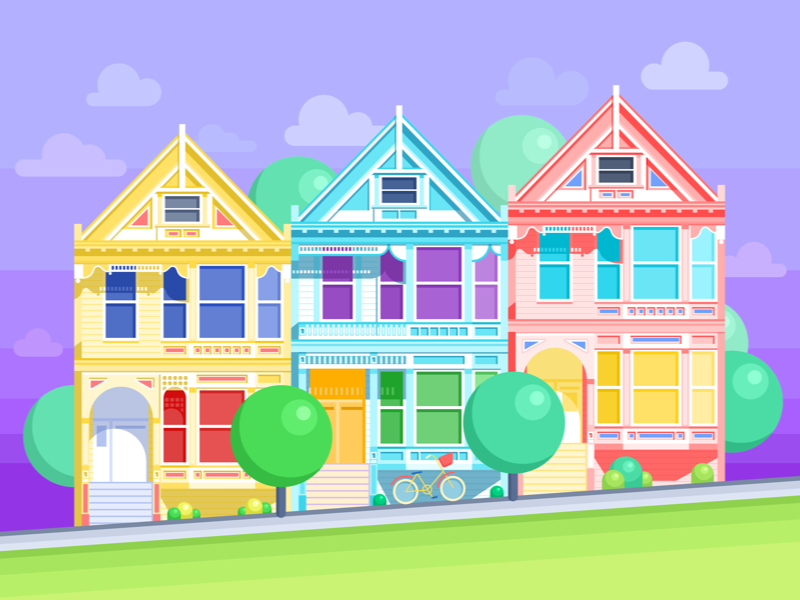
Explaining and guiding
This function of graphic design elements is widely used both in print and in all the types of interfaces, first of all in various tutorials, manuals, tool-tips, guides, etc. No need to say that here a picture is really worth a thousand words: it saves precious time and helps to avoid big copy blocks. Moreover, graphics based on a thorough analysis of the target audience turn on the mechanism of empathy and emotional appeal which also enhances user experience and supports business goals.
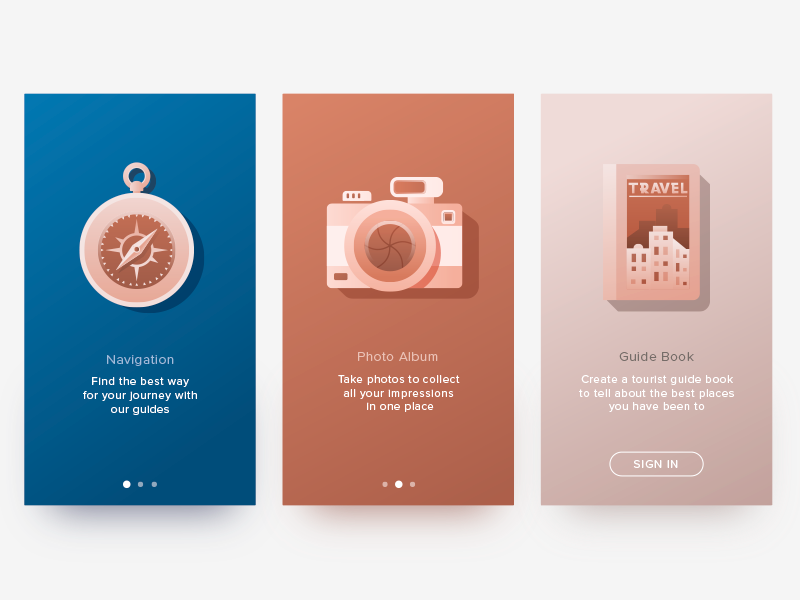
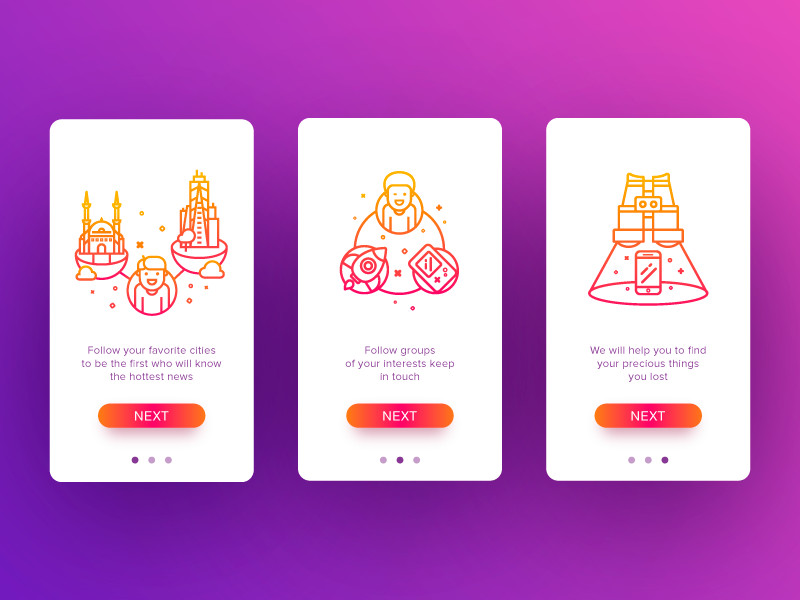
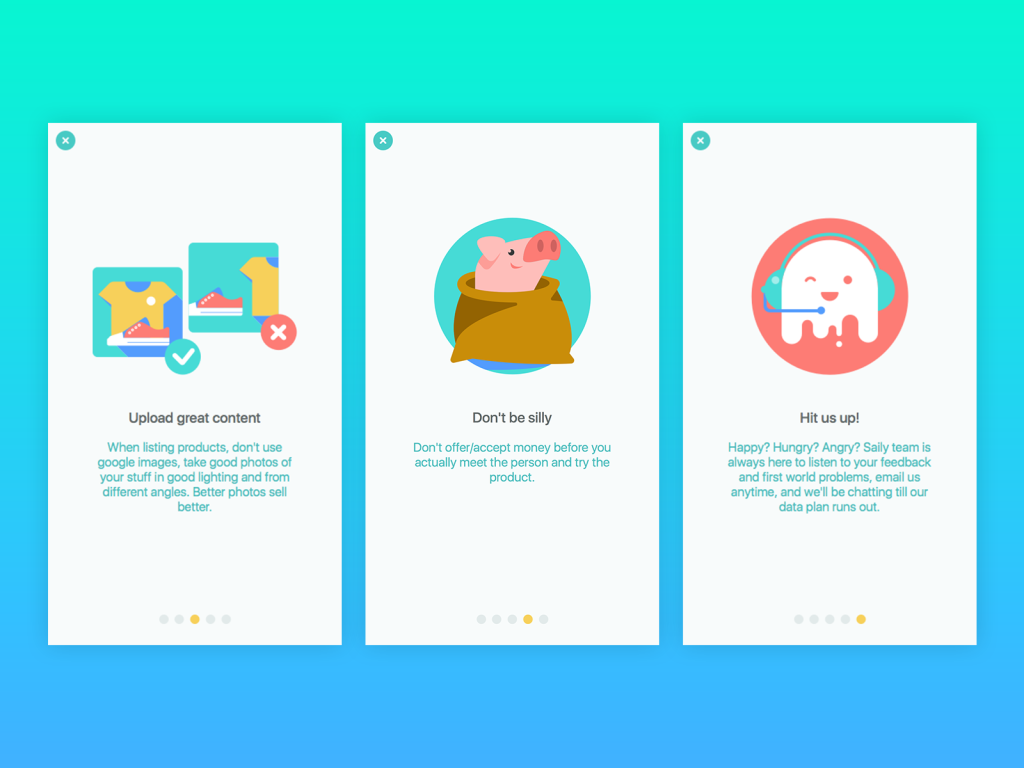
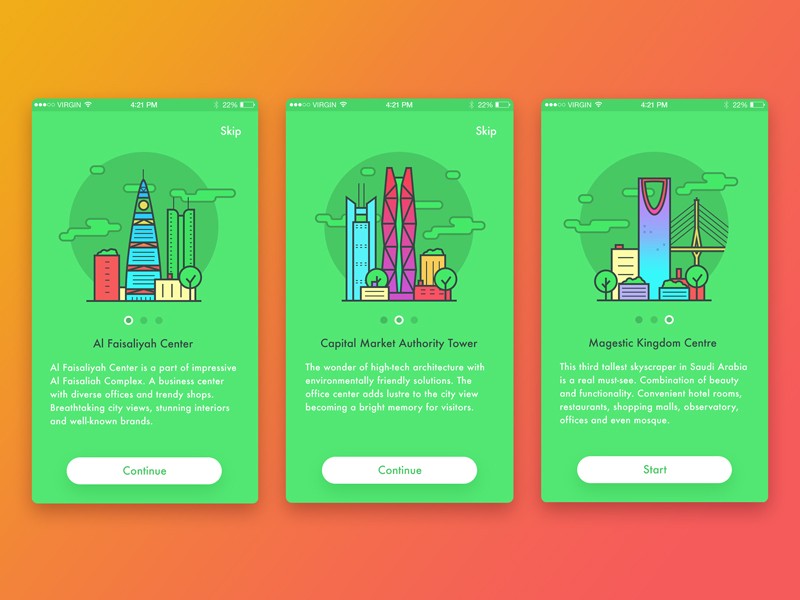
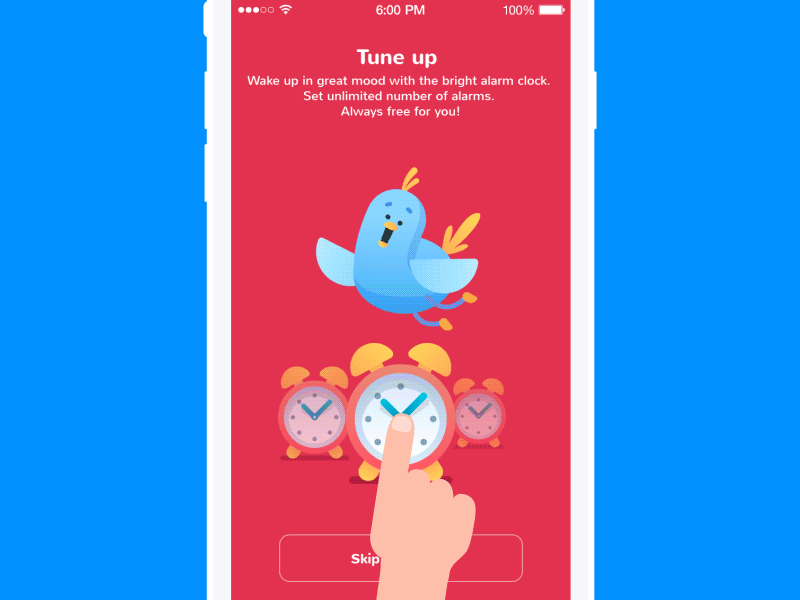
Enhancing navigation
Custom graphic elements are a great tool enhancing the navigation and therefore boosting usability. Based on user research and testing, it can have a great impact on conversions and retaining readers, providing an easy flow of journey through the website or app. In addition, all this positive influence is supported by the aesthetic pleasure that users get from sophisticated visual elements and harmonic composition.
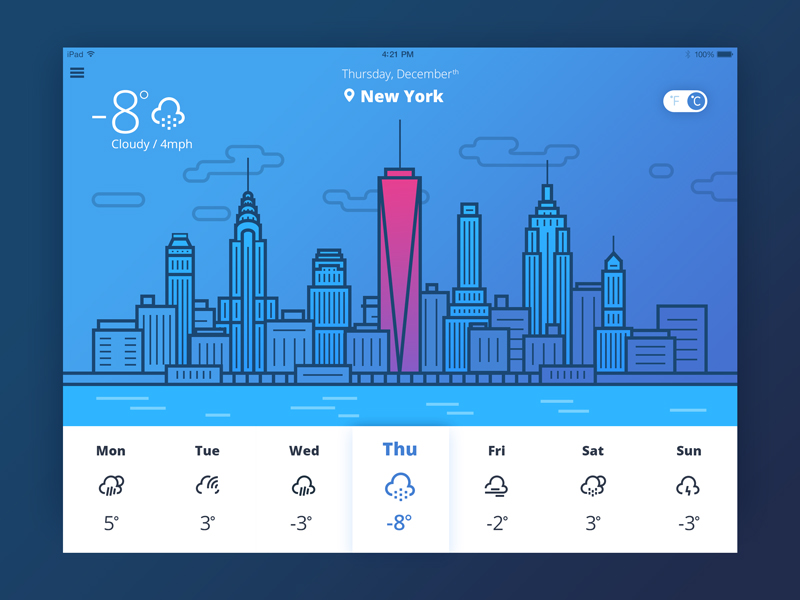
![]()
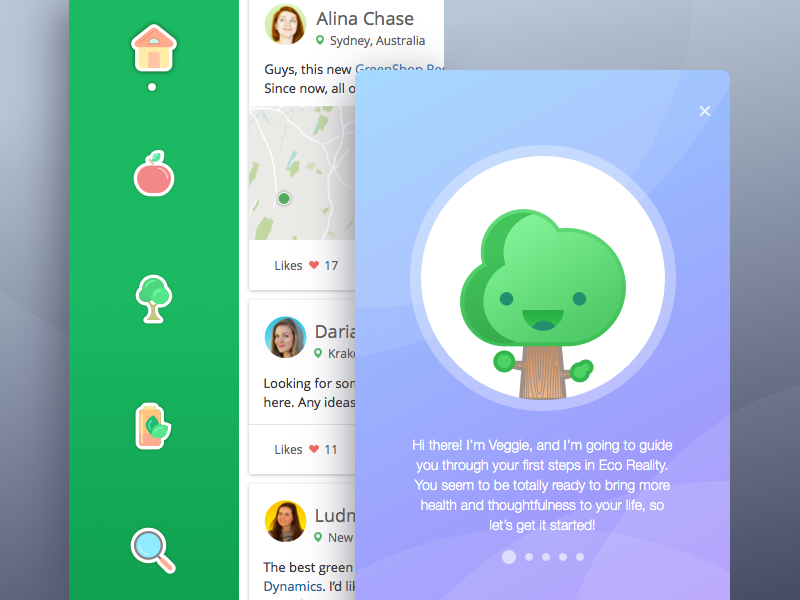
Boosting communication with a character
The element of personification thoughtfully applied in the product can boost positive user experience, enhance brand image and brand awareness. That is one of the reasons why creating mascots is often a part of a general design concept and content strategy. And that is the job where graphic designers can show their best. Efficient mascots should be based on a thorough analysis of needs, wishes, and expectations of the target audience, and also an attentive study of the market environment to support the appropriate level of originality as the basis for effective design solutions.
Mascots are also very helpful in interfaces: they liven up the general process, catch up user’s attention, become the memorable element, create important support for a stylistic concept and make the illusion of direct communication with the user.
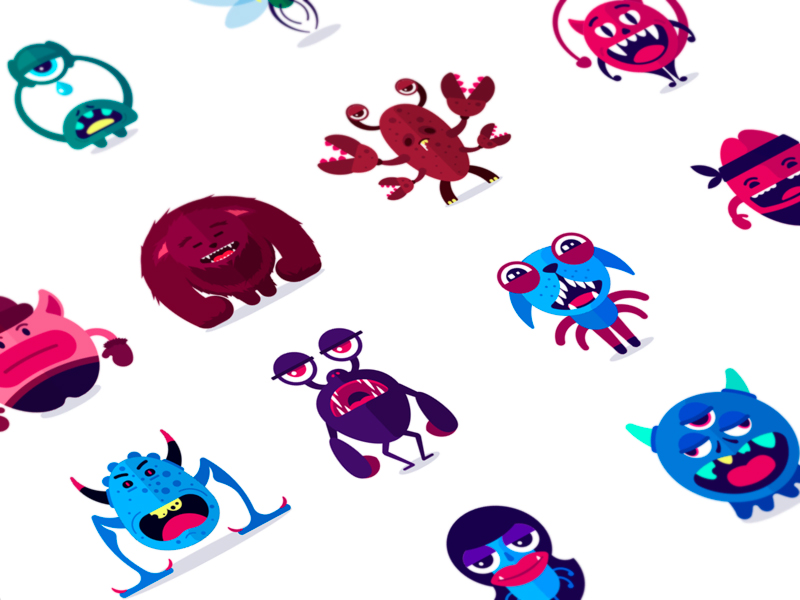
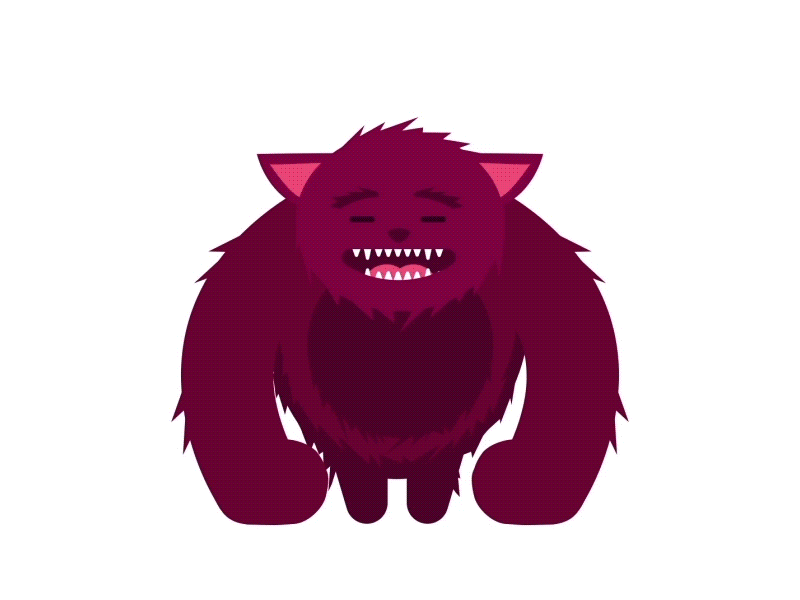
Monster Stickers and their animated versions
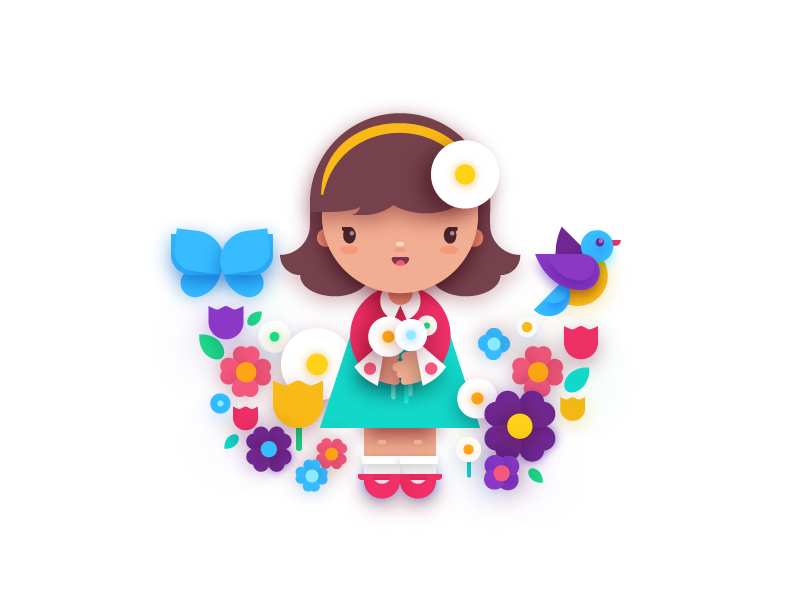
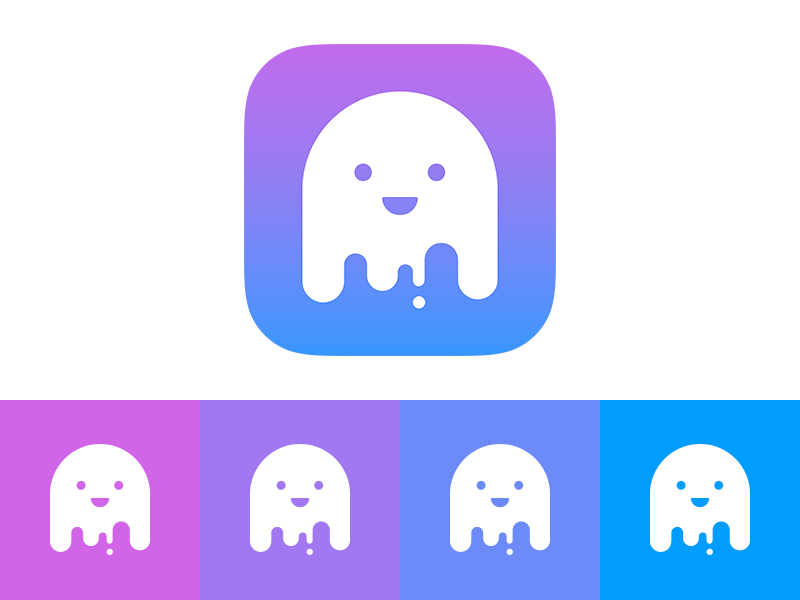
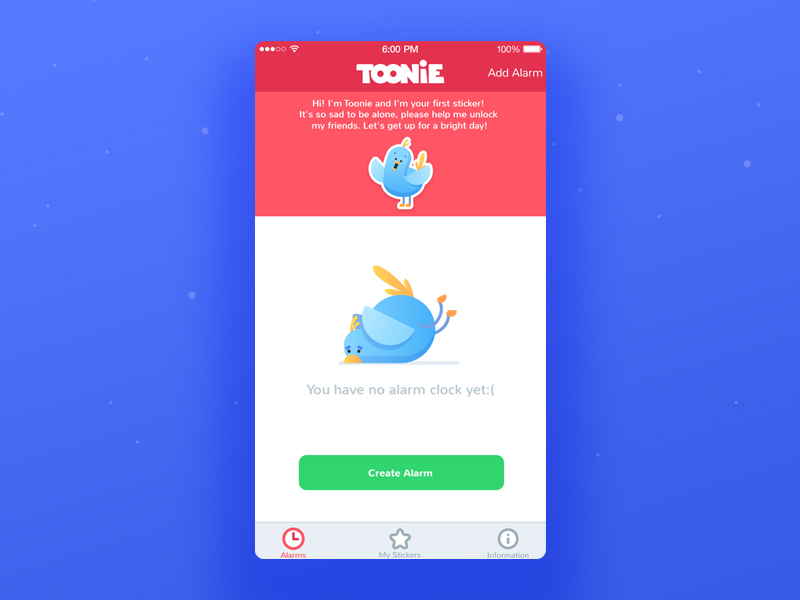
Toonie Alarm Mascot
Read more about the advantages of efficient mascots here
Making the copy stylish
One more important perspective of graphic design is typography. Designers are usually keen to make the copy applied in the products not only legible and readable but also nice, attractive, and emotional. In cases of lettering for branding, it also adds such vital features as originality and recognizability.
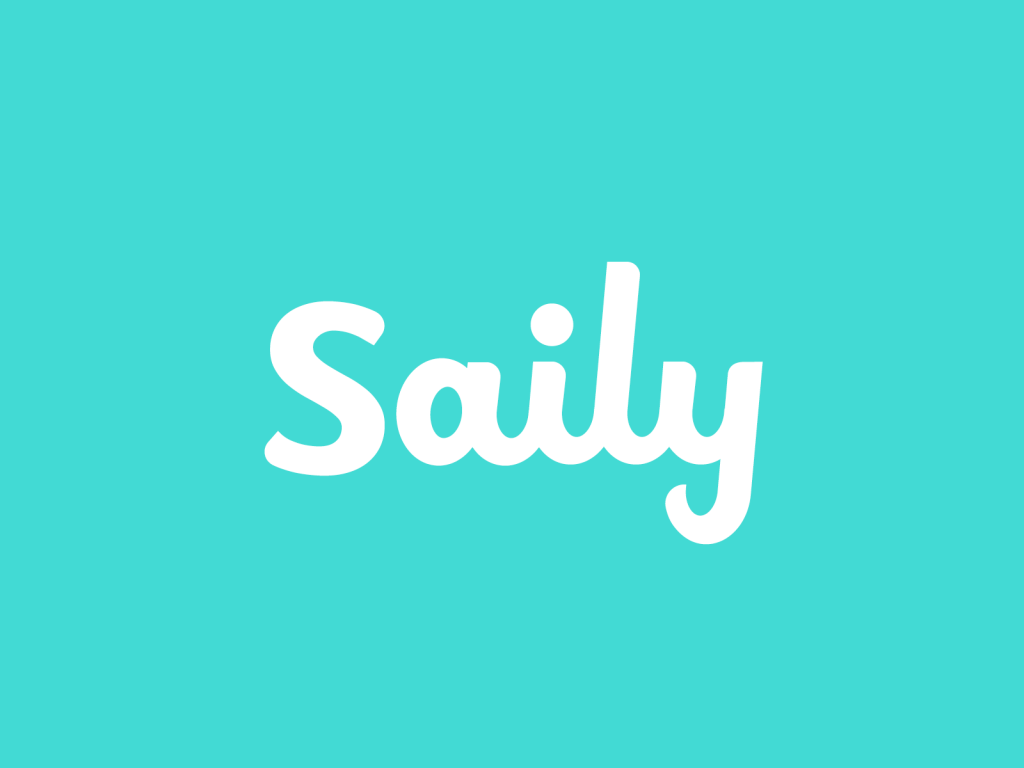
Lettering for Saily logo
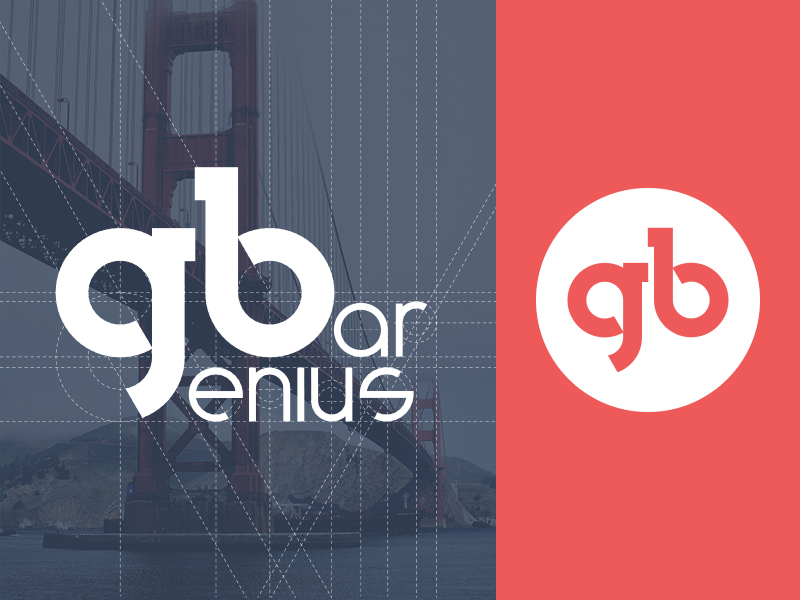
Lettering for Genius Bar
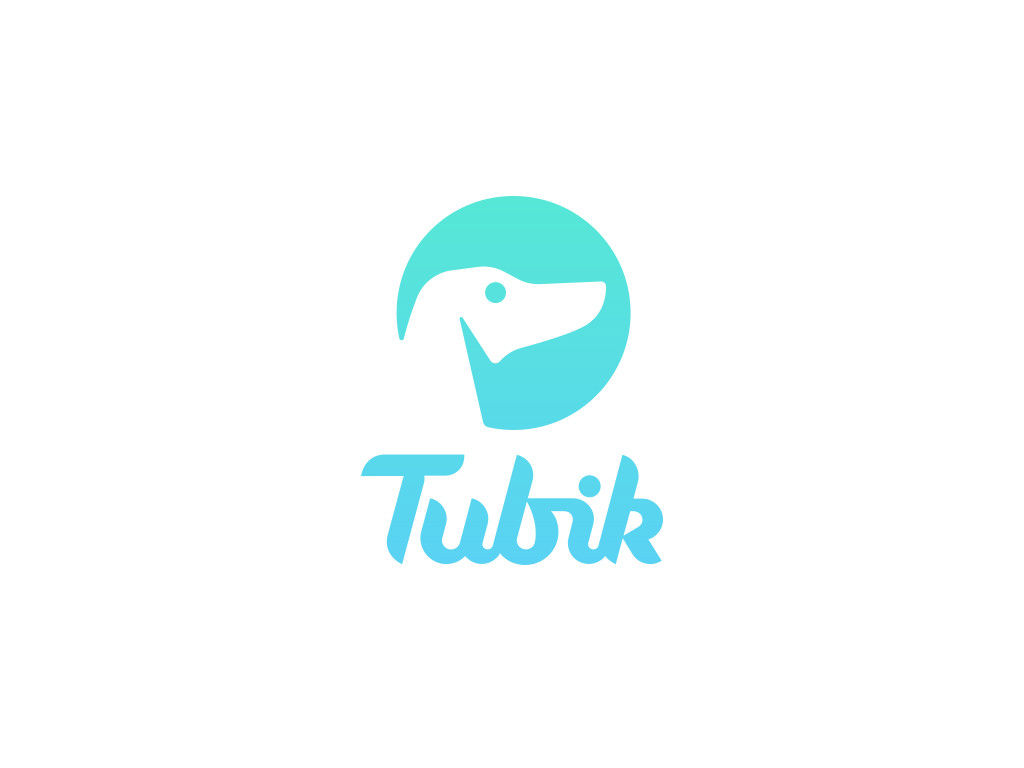
Lettering for Tubik logo
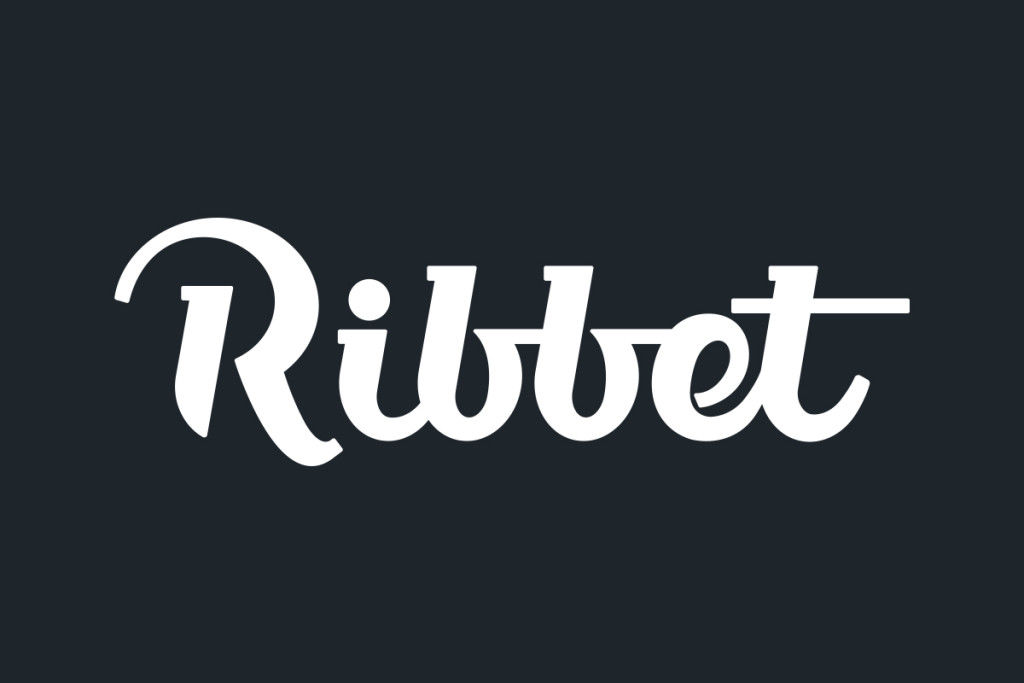
Lettering for Ribbet logo
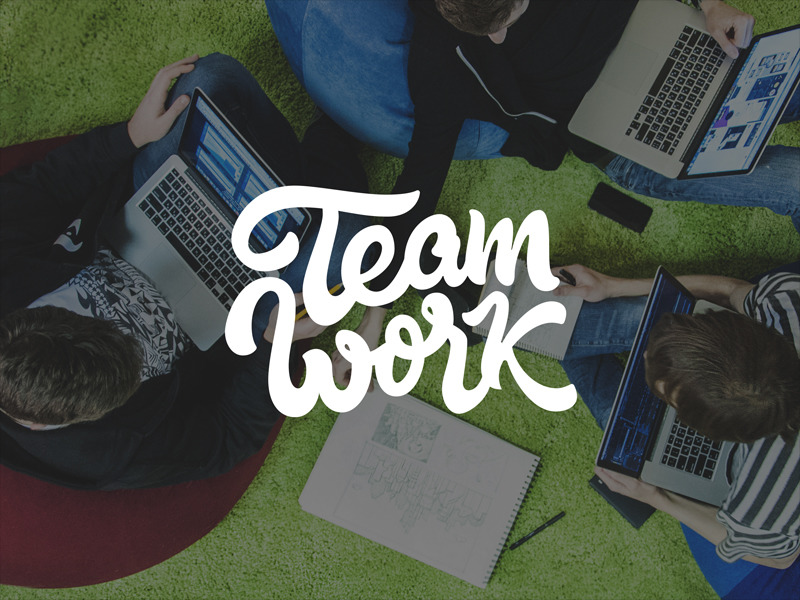
Custom decorative lettering
As we can see, there are multiple purposes that can be set as well as multiple goals that can be achieved through graphic design. Diversity of approaches enables to the creation of original and unique design solutions and with support of user research, analysis and thoughtful testing graphic design elements can efficiently enhance usability, strengthen branding and provide a positive user experience. That is the point where art and functionality merge and meld for the sake of solving problems and making people happier.
Originally written for Tubik Blog
- English
- Ukrainian



